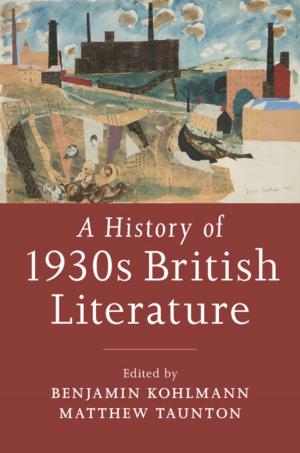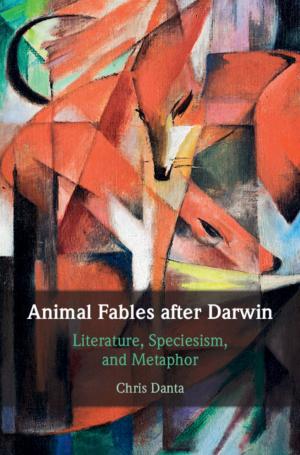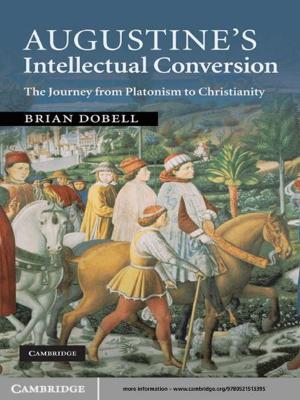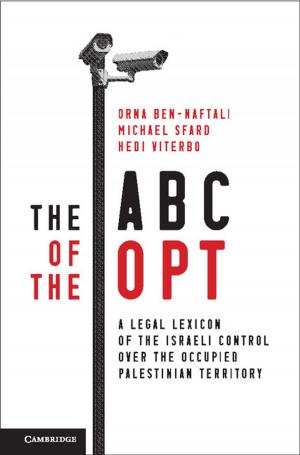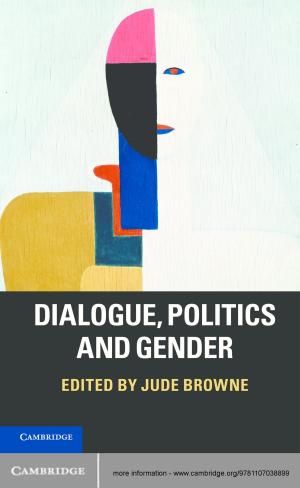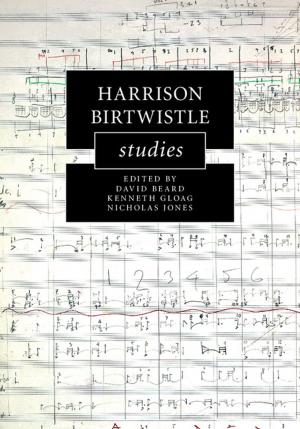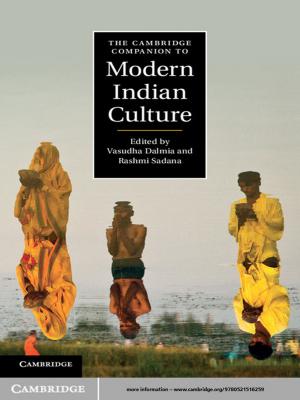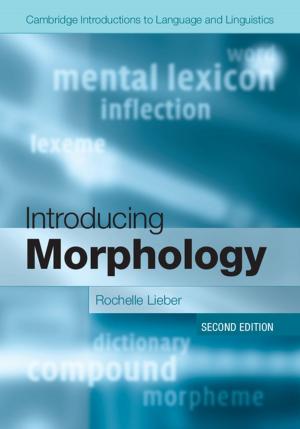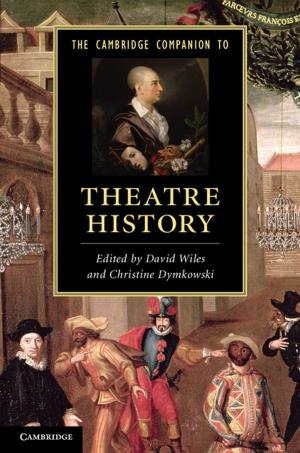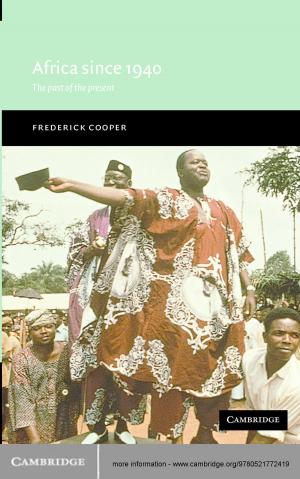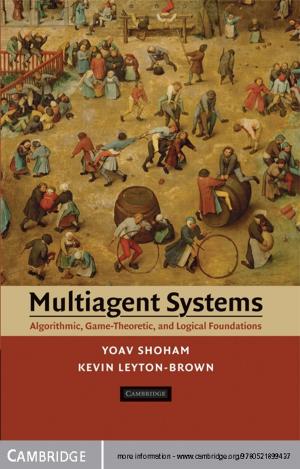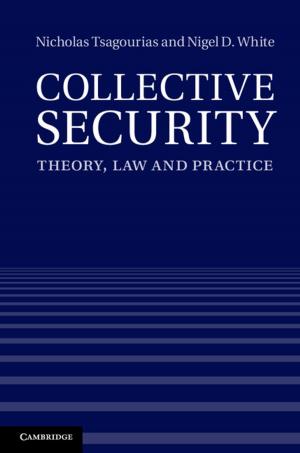Material Culture, Power, and Identity in Ancient China
Nonfiction, Social & Cultural Studies, Social Science, Archaeology, Art & Architecture, General Art, History| Author: | Xiaolong Wu | ISBN: | 9781108228220 |
| Publisher: | Cambridge University Press | Publication: | February 9, 2017 |
| Imprint: | Cambridge University Press | Language: | English |
| Author: | Xiaolong Wu |
| ISBN: | 9781108228220 |
| Publisher: | Cambridge University Press |
| Publication: | February 9, 2017 |
| Imprint: | Cambridge University Press |
| Language: | English |
In this book, Xiaolong Wu offers a comprehensive and in-depth study of the Zhongshan state during China's Warring States Period (476–221 BCE). Analyzing artefacts, inscriptions, and grandiose funerary structures within a broad archaeological context, he illuminates the connections between power and identity, and the role of material culture in asserting and communicating both. The author brings an interdisciplinary approach to this study. He combines and cross-examines all available categories of evidence, including archaeological, textual, art historical, and epigraphical, enabling innovative interpretations and conclusions that challenge conventional views regarding Zhongshan and ethnicity in ancient China. Wu reveals the complex relationship between material culture, cultural identity, and statecraft intended by the royal patrons. He demonstrates that the Zhongshan king Cuo constructed a hybrid cultural identity, consolidated his power, and aimed to maintain political order at court after his death through the buildings, sculpture, and inscriptions that he commissioned.
In this book, Xiaolong Wu offers a comprehensive and in-depth study of the Zhongshan state during China's Warring States Period (476–221 BCE). Analyzing artefacts, inscriptions, and grandiose funerary structures within a broad archaeological context, he illuminates the connections between power and identity, and the role of material culture in asserting and communicating both. The author brings an interdisciplinary approach to this study. He combines and cross-examines all available categories of evidence, including archaeological, textual, art historical, and epigraphical, enabling innovative interpretations and conclusions that challenge conventional views regarding Zhongshan and ethnicity in ancient China. Wu reveals the complex relationship between material culture, cultural identity, and statecraft intended by the royal patrons. He demonstrates that the Zhongshan king Cuo constructed a hybrid cultural identity, consolidated his power, and aimed to maintain political order at court after his death through the buildings, sculpture, and inscriptions that he commissioned.

